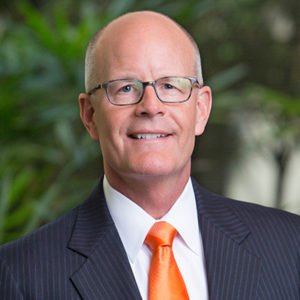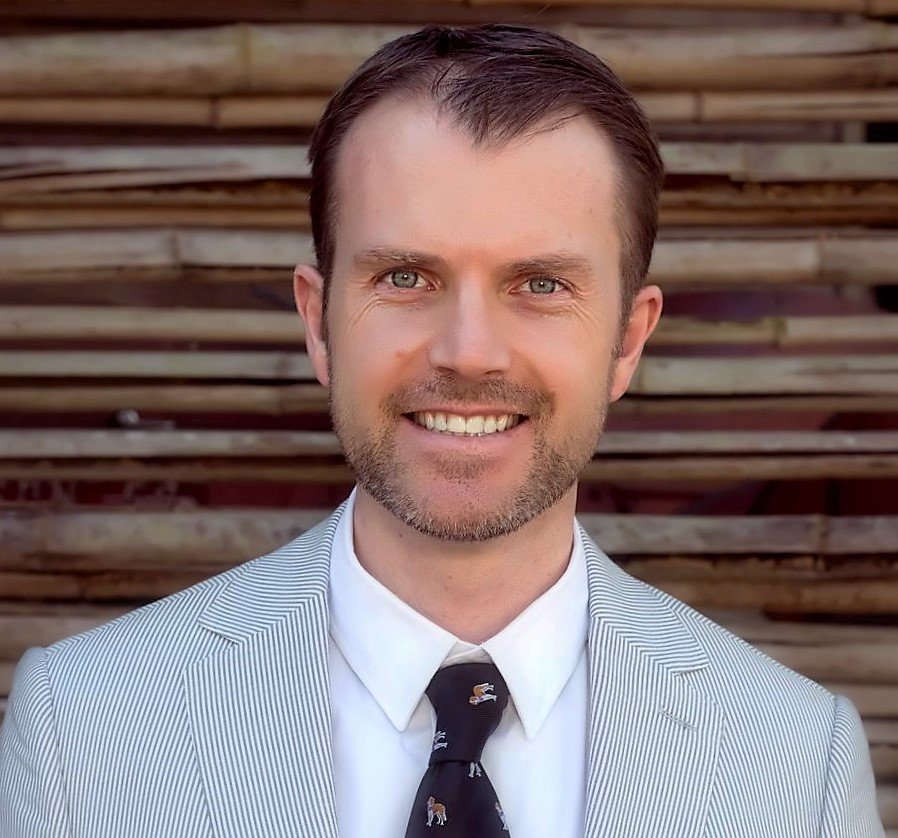I had the opportunity to catch up with Michael J Swanson, CEO of Advocate Capital, Inc. to talk about the work he is doing with Plaintiff attorneys across the country. Here is our conversation from Business Innovators Radio:

BIR: Today, my special guest is president and CEO of Advocate Capital, Michael J. Swanson. He and his team help plaintiff lawyers get even better results for their clients. MS has been a shareholder member of the board of directors, chief executive officer, and member of the credit committee of Advocate Capital since 2000. His daily role at Advocate covers a wide range of activities, including client relations, strategic planning, credit underwriting, marketing, and public relations. Mr. Swanson is the author of How David Beats Goliath: Access to Capital for Contingent-Fee Law Firms. The book is a definitive, common-sense read that explains how contingent-fee law firm funding works, who provides it, what it costs, and how law firms can acquire and use it effectively. In addition to his responsibilities at Advocate Capital, Inc., Mr. Swanson has been a lecturer at seminars and CLE programs nationwide, focusing on financial management and operational excellence at trial law firms.
BIR: Well, this is definitely a niche that needs some help, and we’re looking forward to finding out more from Michael Swanson. Welcome to the show, Michael.
MS: Well, thank you very much, Neil. It’s good to speak with you.
BIR: Well, after that little intro, I’d like to hear just a little bit more about yourself, and Advocate Capital, and how you became involved in this business.
MS: Well, sure. We are primarily a team of business people here at Advocate, about 45 employees. None of us are lawyers, but we’re all passionate about helping our plaintiff lawyer clients get even better results for their clients, mainly through our AdvoTrac case expense funding service. Have to admit that when my business partner, Dan Taussig, and I bought Advocate in 2000 when it had one customer, we really didn’t know what plaintiff lawyers did, but we learned very quickly that they help people all day long. And so we are very happy to be on a winning team, but more importantly to us is that we’re on a team that helps people who help people. So we’re funding and tracking about 75,000 cases nationwide at the moment, and that’s growing about 15% a year.
MS: And those are not cases. Those 75,000 so-called cases are actually people; people who are being helped by our clients, people who have recently maybe gone through the worst day in their life; maybe lost a loved one due to negligence, or some horrible injury, or had their life changed forever. So if you count the family members, we think it’s hundreds of thousands of people across the country now being served by our clients. And we get to vicariously participate in the great work that they do in their communities.
BIR: Excellent. I really love the fact that you are that educator and advocate, and you’re helping people that help other people. I love the name that you have for your company, Advocate Capital. Tell me about the plaintiff lawyers, then. Is that just your sole niche that you work with, is the plaintiff lawyers? What exactly is a plaintiff lawyers, then?
MS: Sure. We do work exclusively with plaintiff lawyers, or at least lawyers who do some contingent-fee work, and those are typically folks helping individual plaintiffs. Interesting, one of the things I do with new employees here on their first day is, I sit down and meet with them. And I ask them, “Do you know what the seventh amendment of the United States Constitution is?” And of the probably 100 people we’ve hired over the years, only one person knew that. So I’ll ask you, do you know what the seventh amendment is, Neil?
BIR: I have no clue.
MS: Right. Well, the Framers of our Constitution came back after it was initially ratified and added 10 additional amendments to the Constitution. Most people are familiar with the first amendment, the right to free speech; the fourth amendment, the right to be free from unlawful search and seizure. But very few people know about the seventh amendment. The seventh amendment gives you and I, as citizens of the United States, the right to a jury trial in economic disputes in excess of $20. And most folks don’t realize that’s even there, but the Framers really understood, after going through the Revolution, how much protection they needed to provide for individuals who would be up against large, powerful institutions like the government and large corporate entities. So they created this right under the seventh amendment for you and I to go before a panel of our community members, we call that a jury, and to have the dispute heard; and then to have that jury, or fellow community members, make a determination as to what they are going to permit to happen in the community; what kind of corporate activities will they permit.
MS: And they have the ability, then, to render a verdict and to make an economic judgment. And that judgment can include things like judgment for lost wages, medical expenses. And they also, in most jurisdictions, have the right to award additional monetary compensation for pain and suffering, psychological damage; and then, importantly, punitive damages. And punitive damages are very important. Of course, the actual losses that a plaintiff experiences in, let’s say a car wreck, if they’ve been hit by a drunk driver, they’re going to have medical bills, and expenses in repairing their car, and things like that. And so lawsuits, in this country, help make plaintiffs whole, economically.


